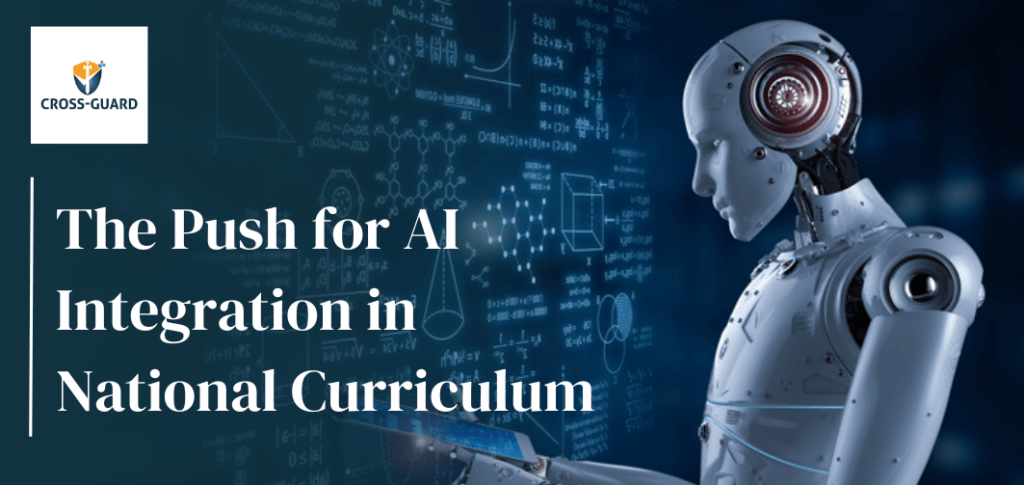Revolutionising Education: The Push for AI Integration in National Curriculum

As a lot of us know, artificial intelligence is no longer just a far-off fantasy; we all engage with it every day. From medical care to leisure activities, AI is transforming sectors. A crucial question remains unanswered: How will we equip the future leaders, our kids, to excel in this changing environment?
In a period marked by significant advancements in technology, the issue isn’t about whether artificial intelligence (AI) will influence our future, as it already has had a huge impact, but rather, how we can prepare the next generations to influence AI.
Due to this the push to incorporate artificial intelligence (AI) into the national curriculum has been growing stronger. Experts emphasise the critical need to provide upcoming generations with the essential skills to succeed in a swiftly changing digital environment.
The UK government have already put money into studies aimed at discovering the ways AI could assist in educating our kids and lighten the burden on educators by utilising generative AI technologies. However, what about the process of how kids acquire the AI abilities necessary for their future success and contribution in the professional realm when the opportunity arises?
With the rapid progress of technology, the way we work is already experiencing a major change. The World Economic Forum predicts that by 2025, there will be 133 million new positions created worldwide due to machines and algorithms, but at the same time, 75 million jobs will be lost. The abilities required to succeed in this new job landscape are mainly focused on understanding and working with digital data, such as artificial intelligence, machine learning, and analysing data. These will be essential skills that our children will need to know.
As AI continues to reshape the world, the push to integrate it into educational systems will likely gain momentum, heralding a new era of learning that aligns with the times.
SHARE
DOWNLOAD A COPY OF OUR BROCHURE

GET A QUOTE
Get a Quote Form
"*" indicates required fields
